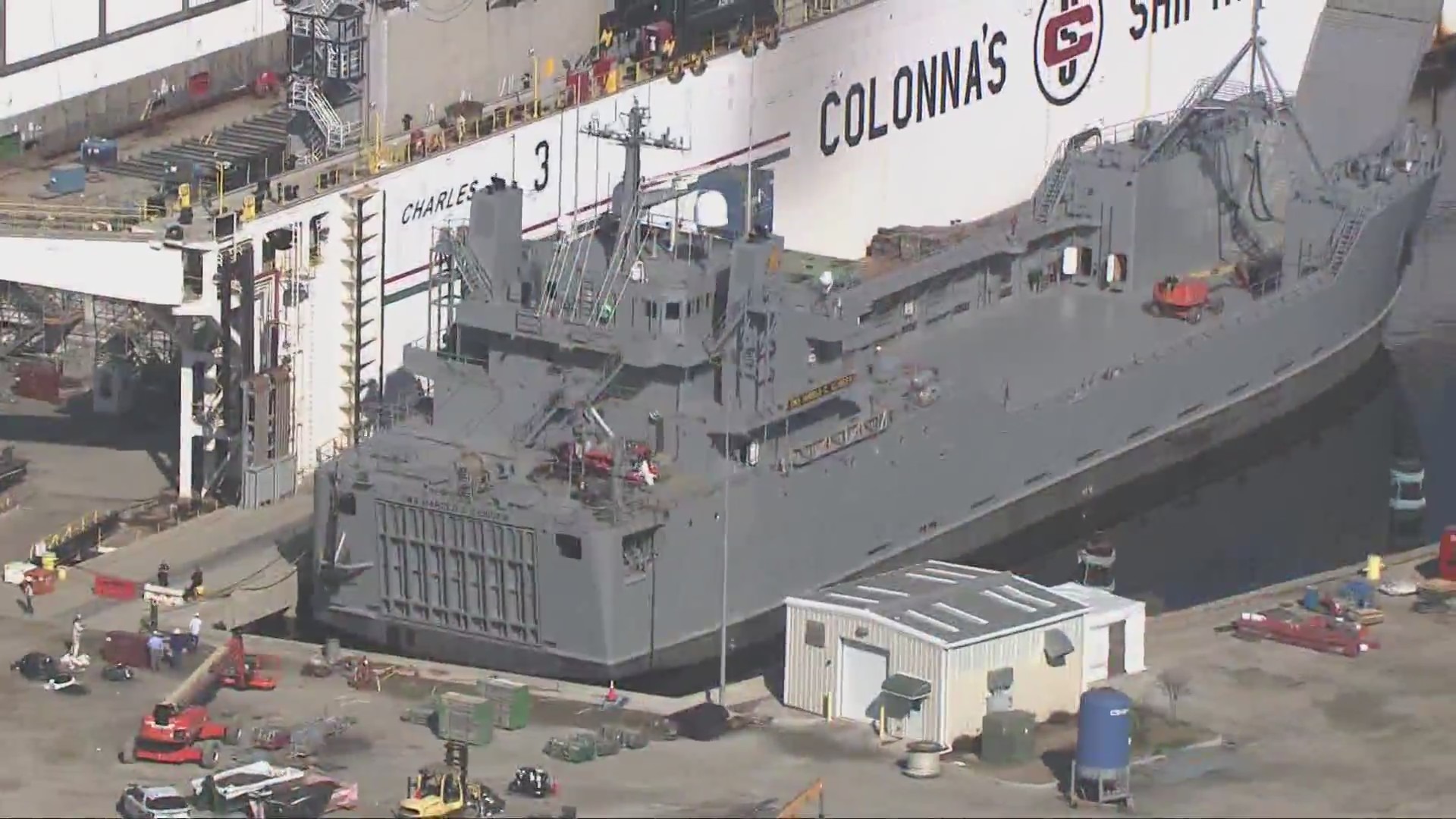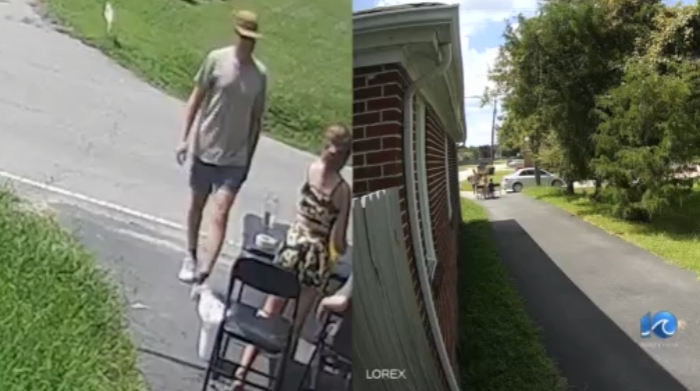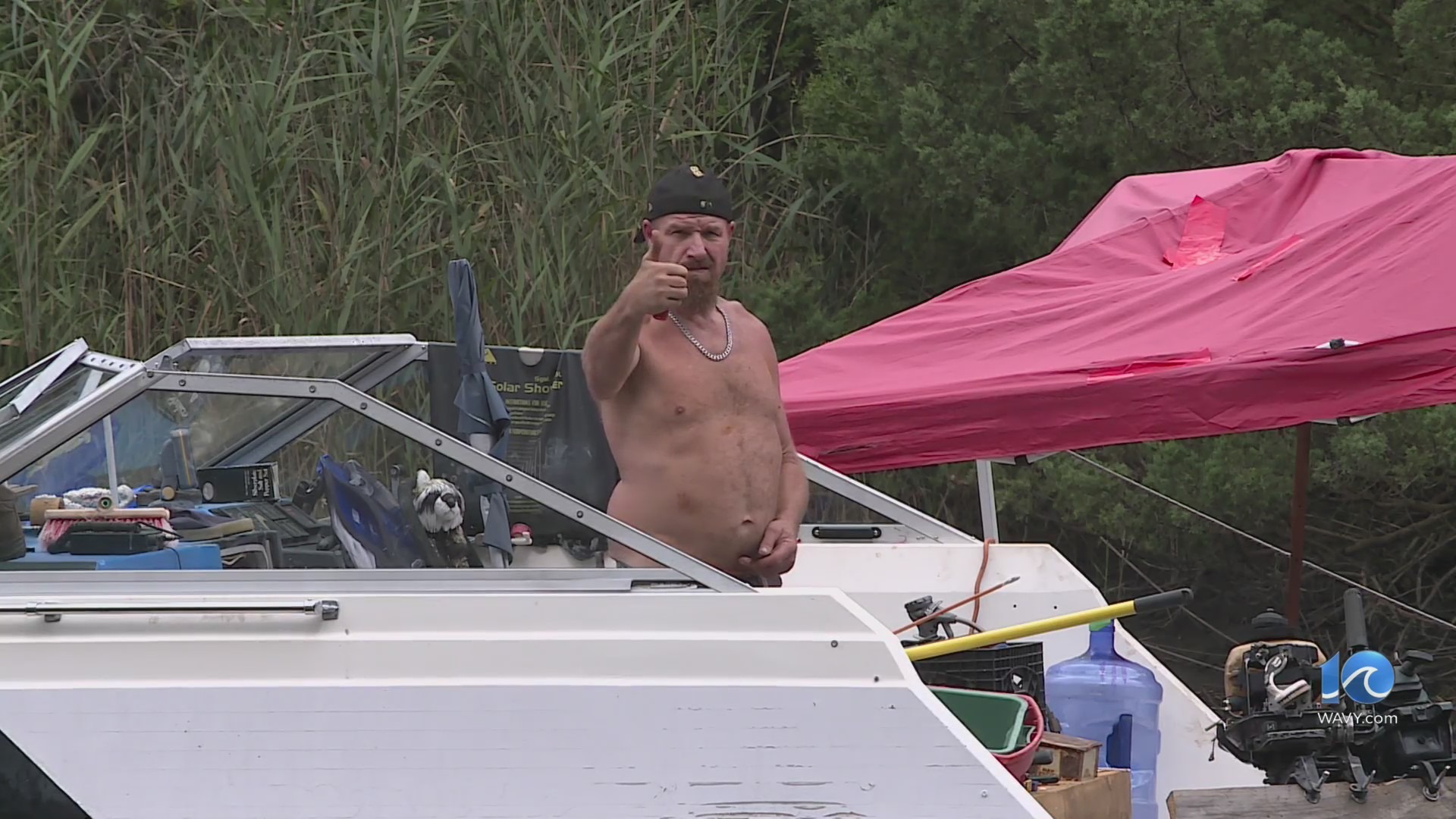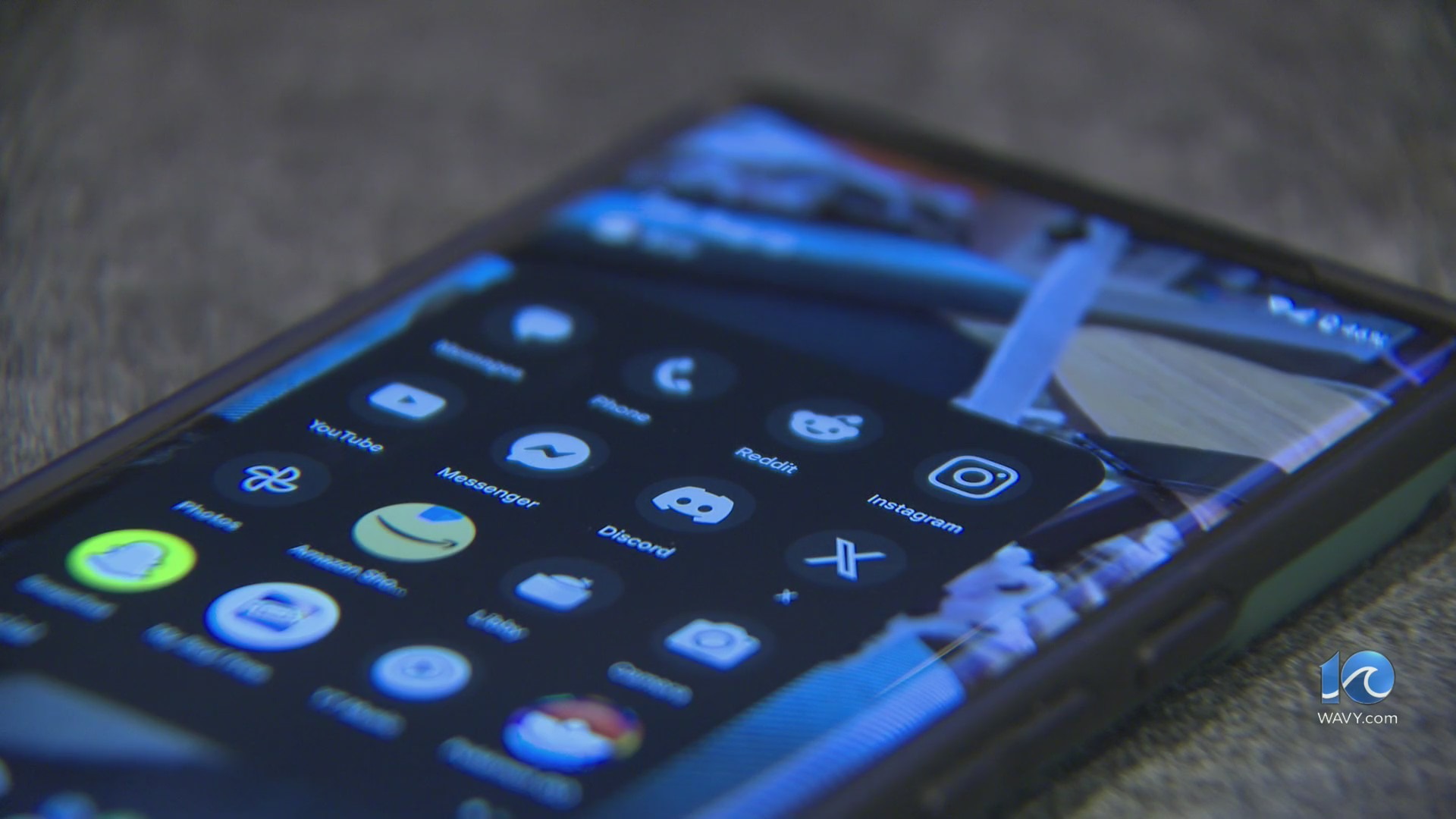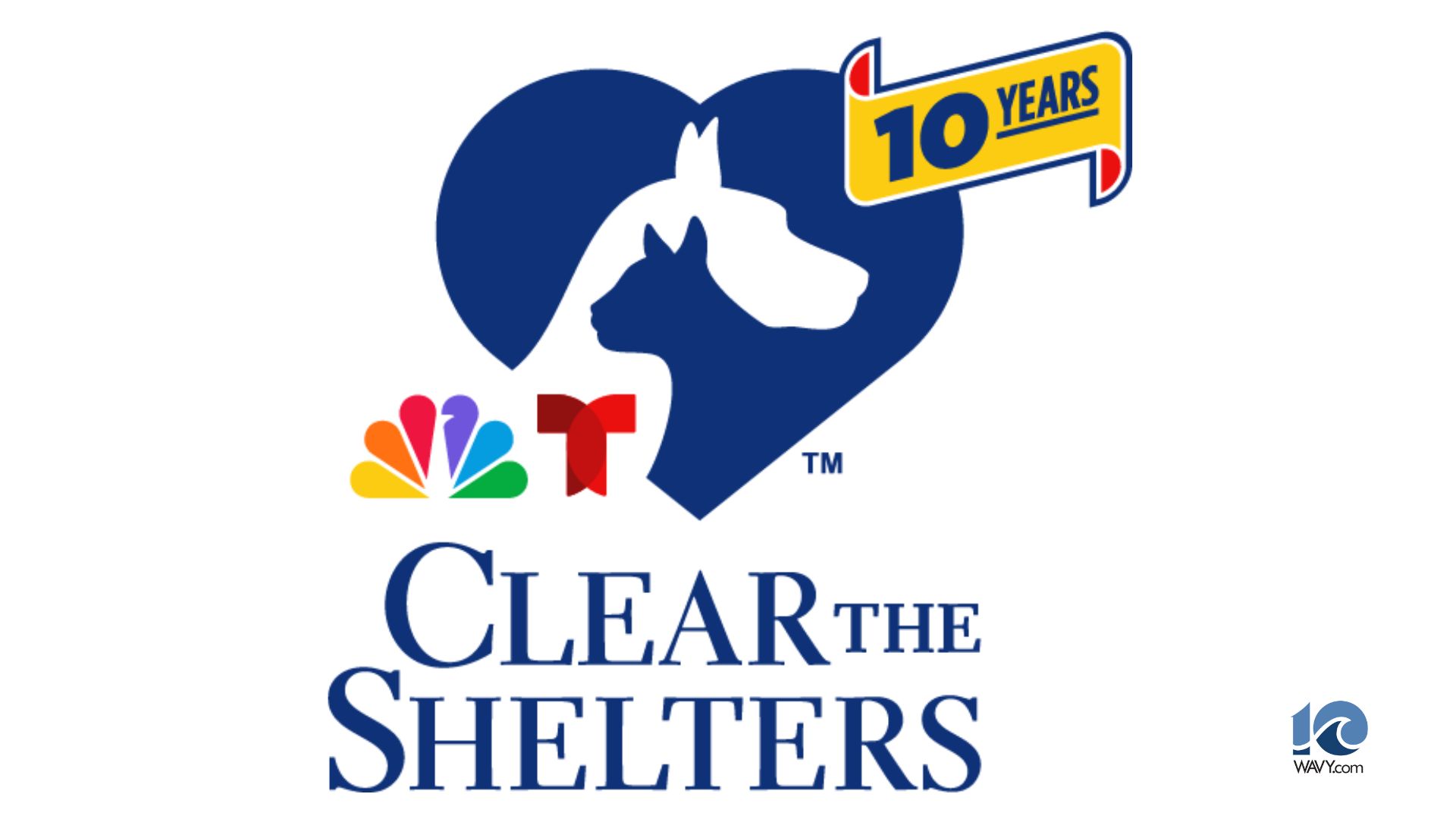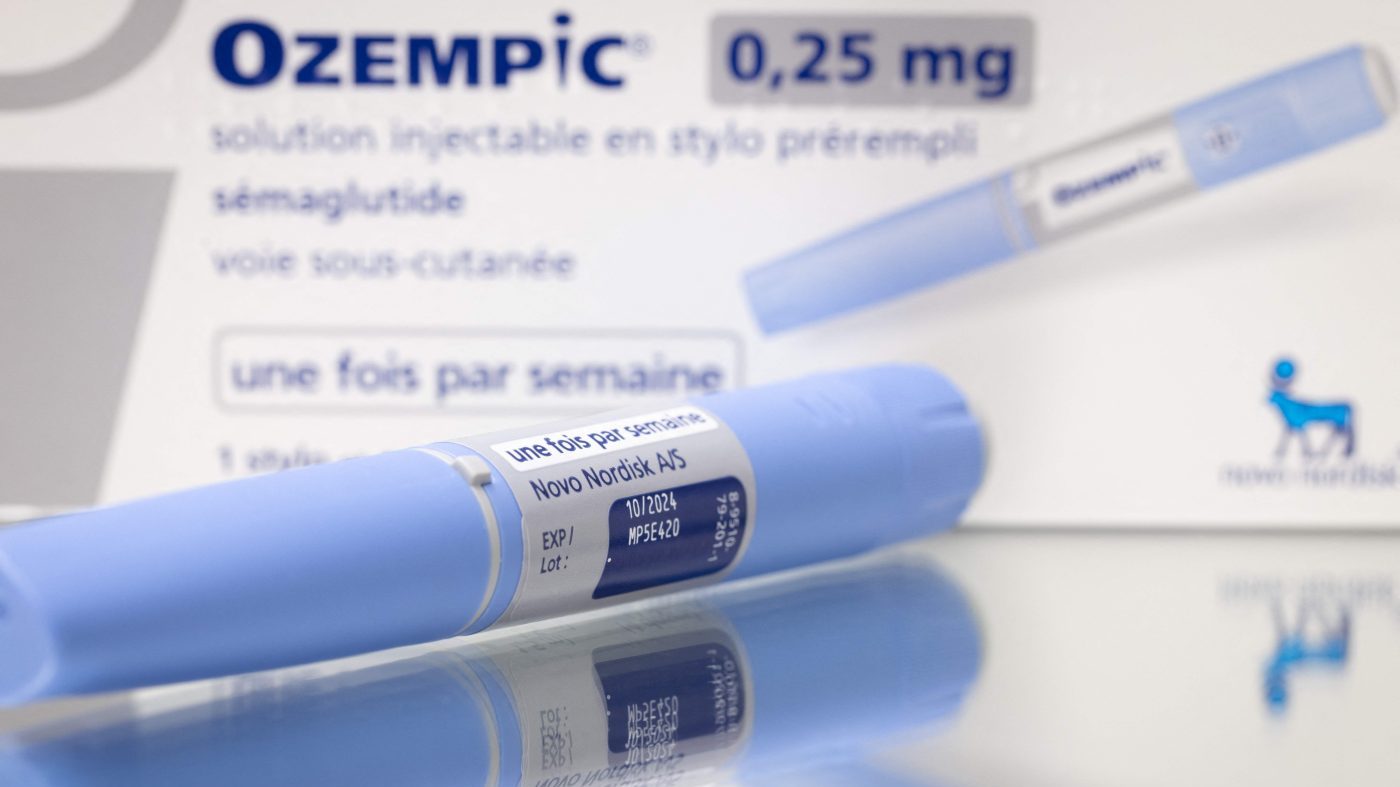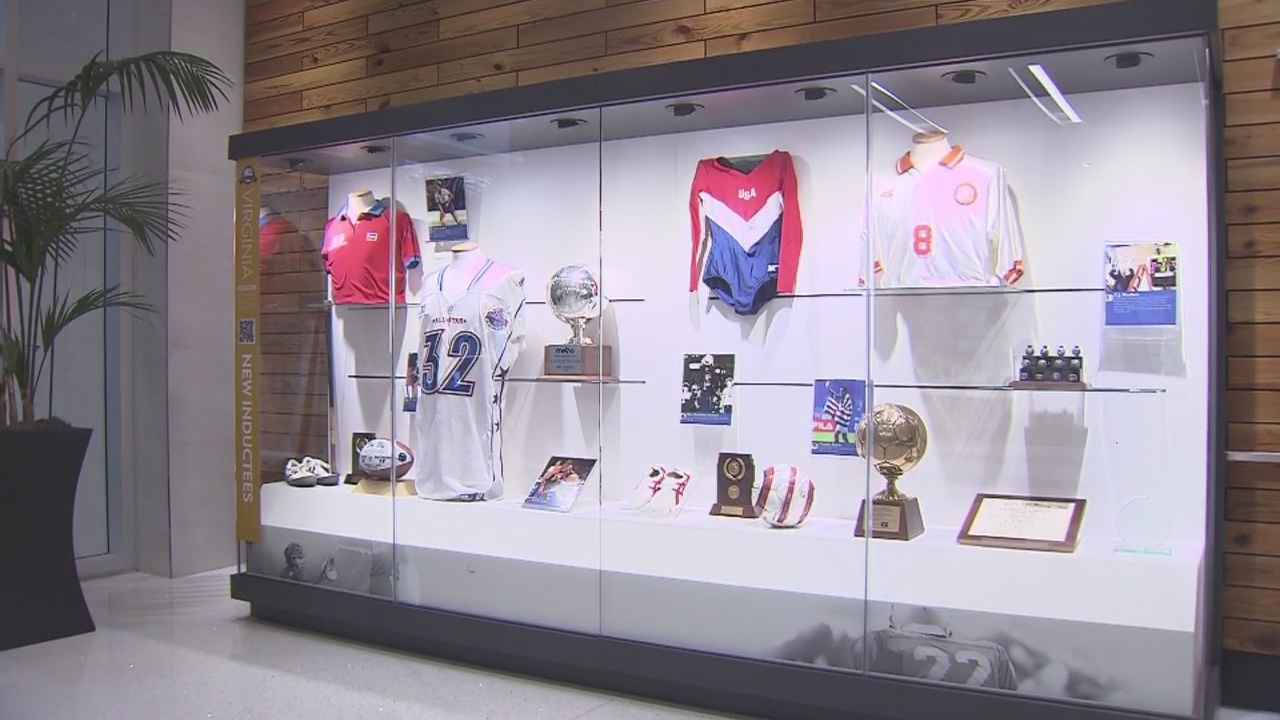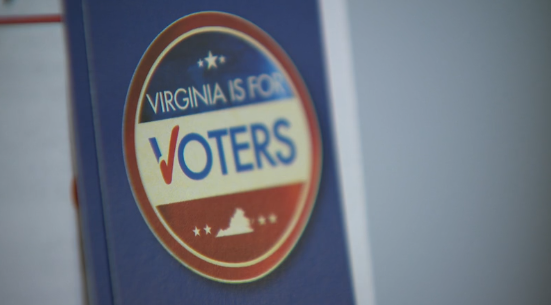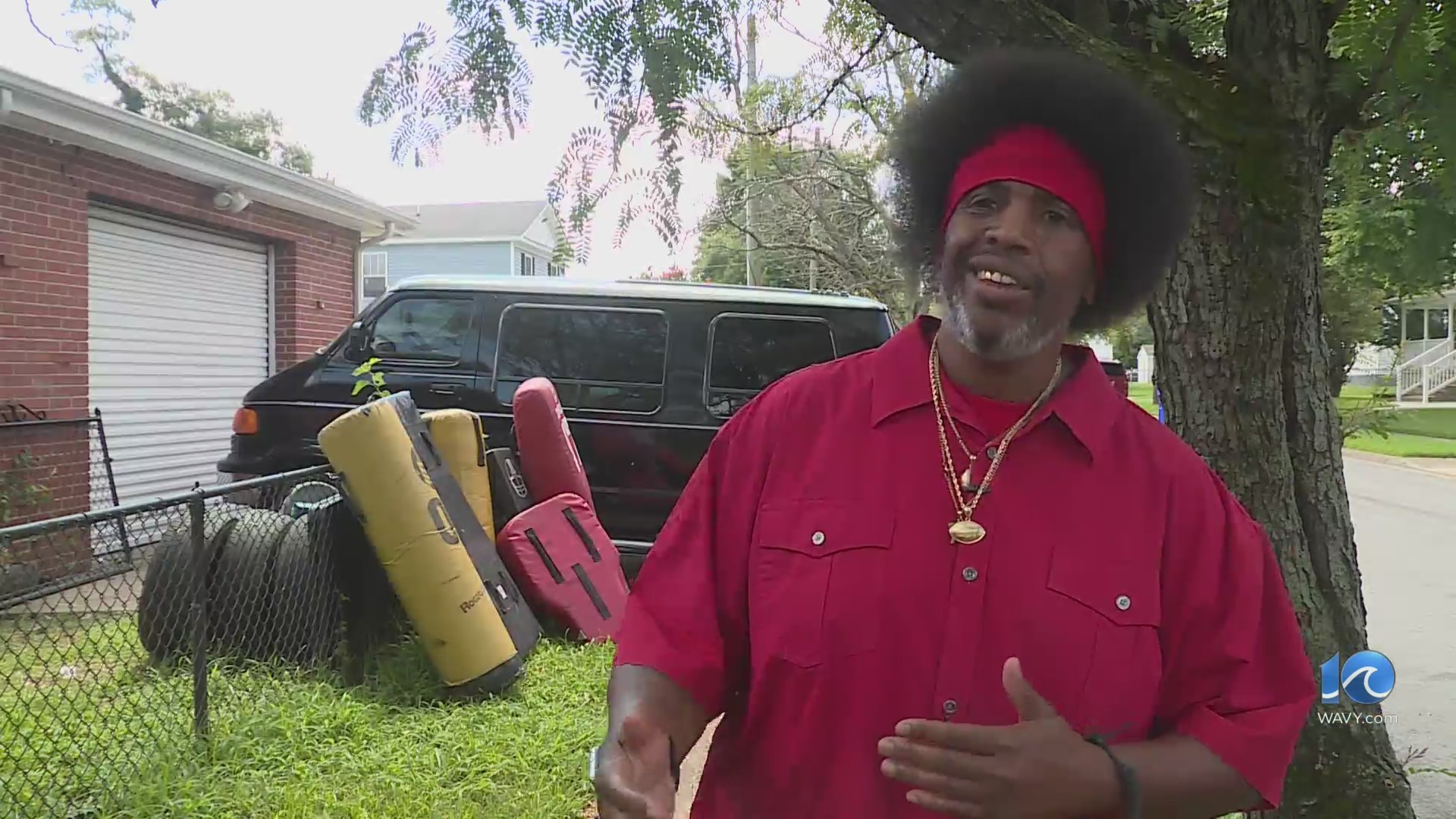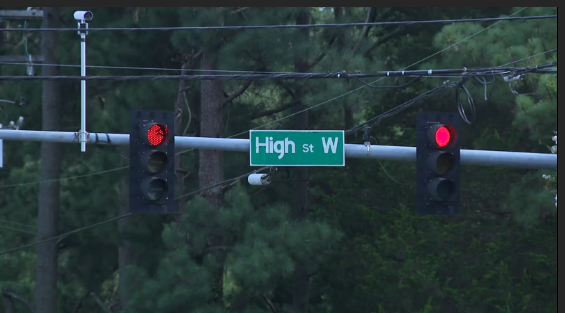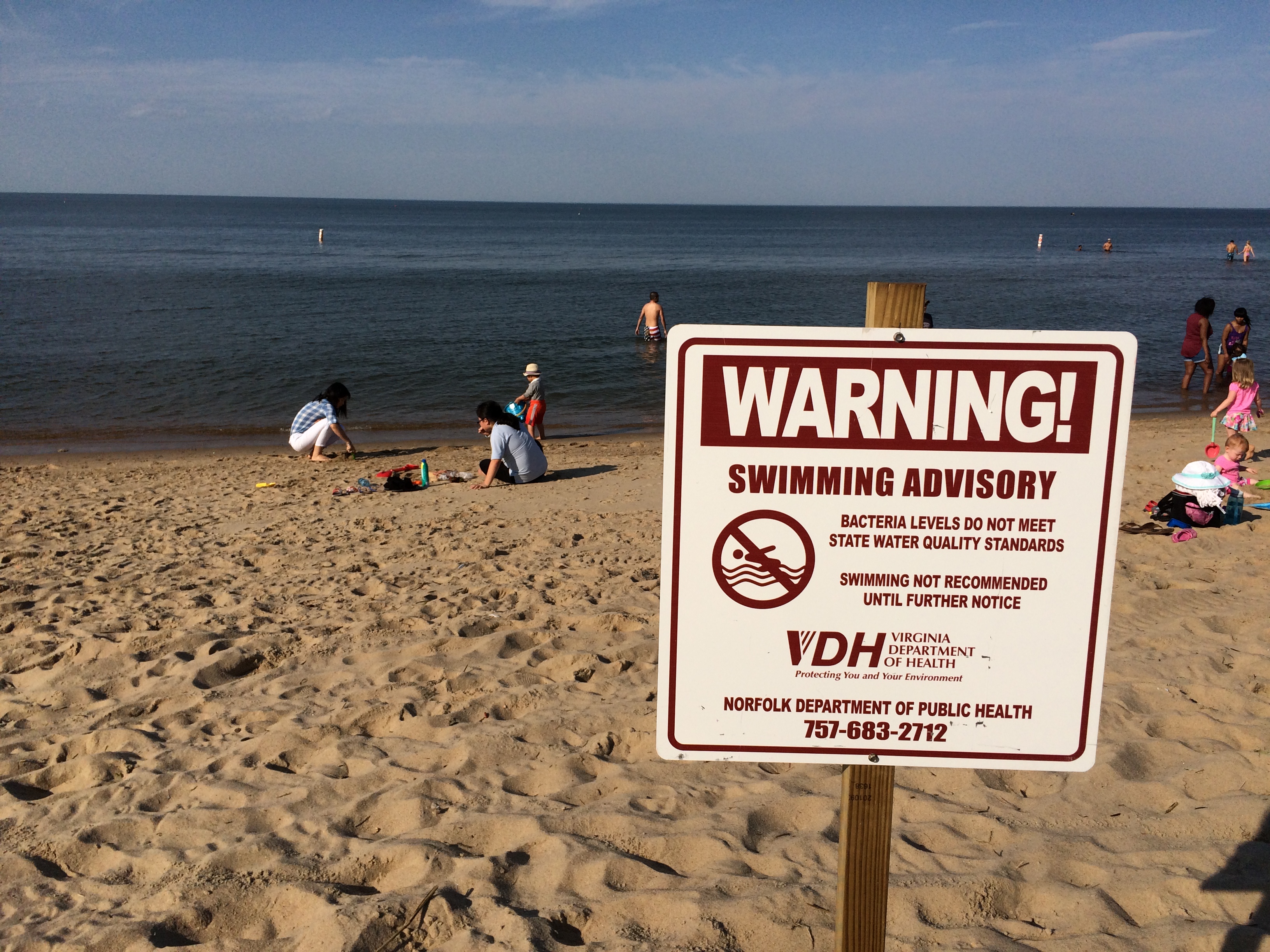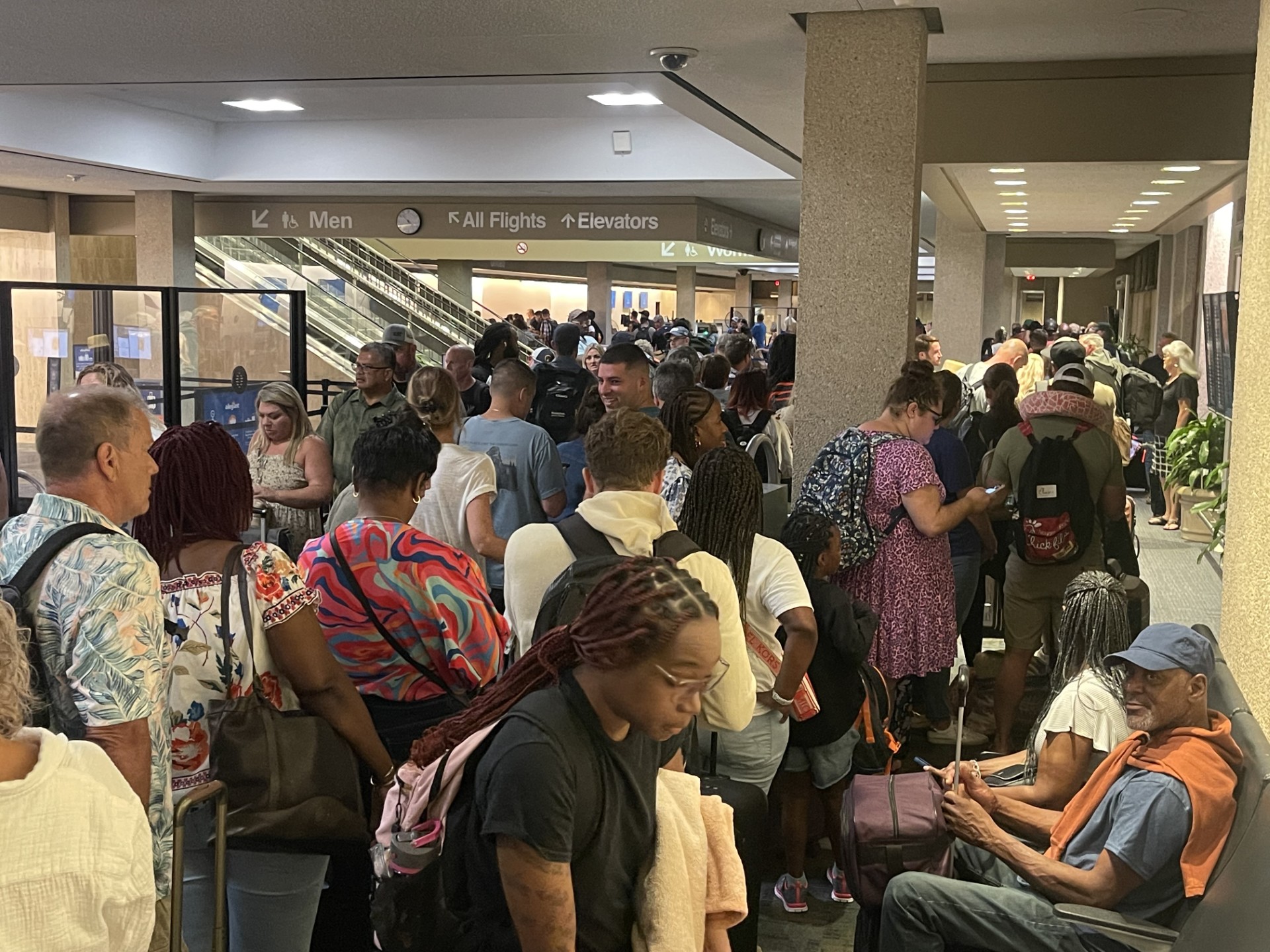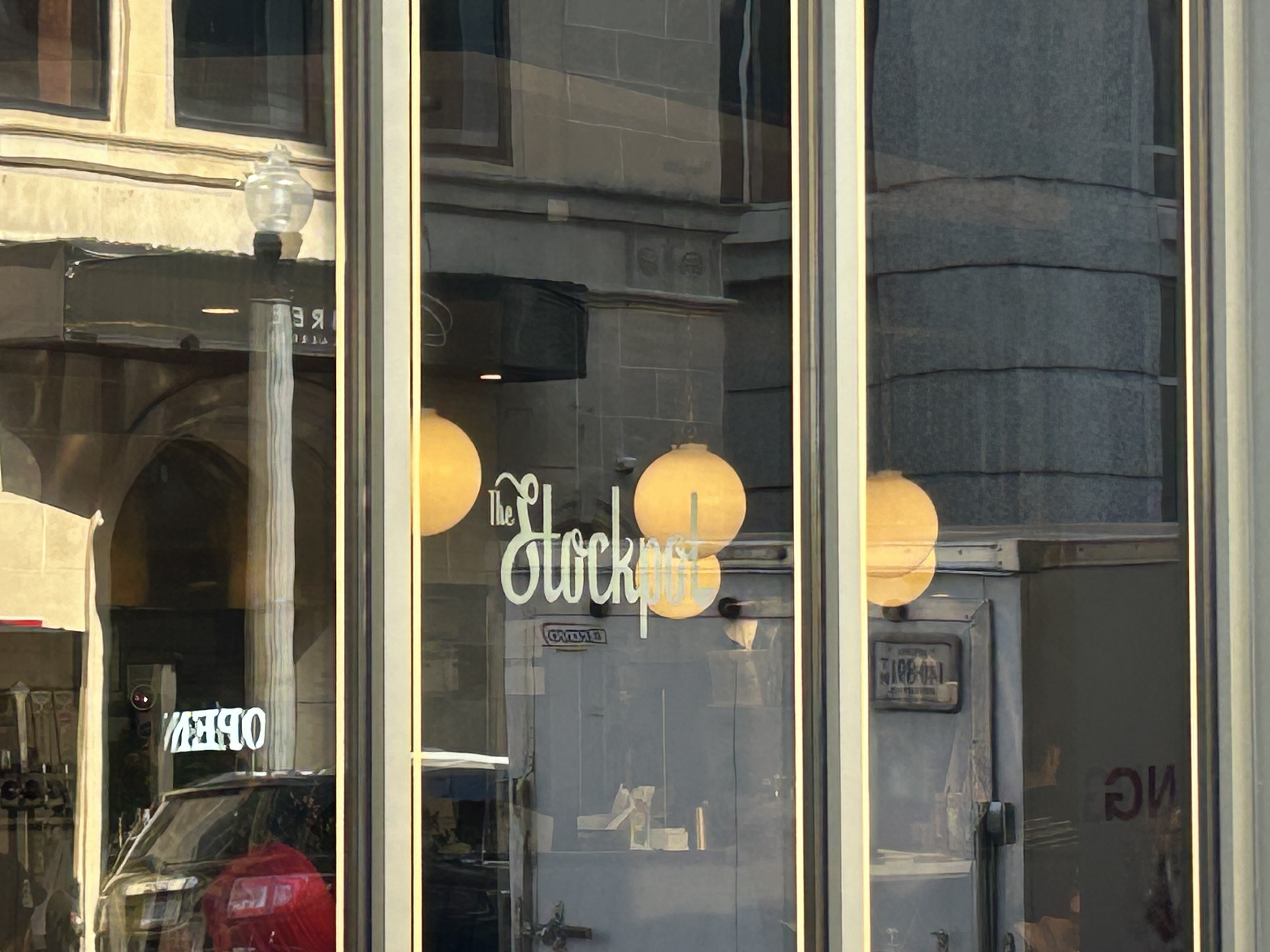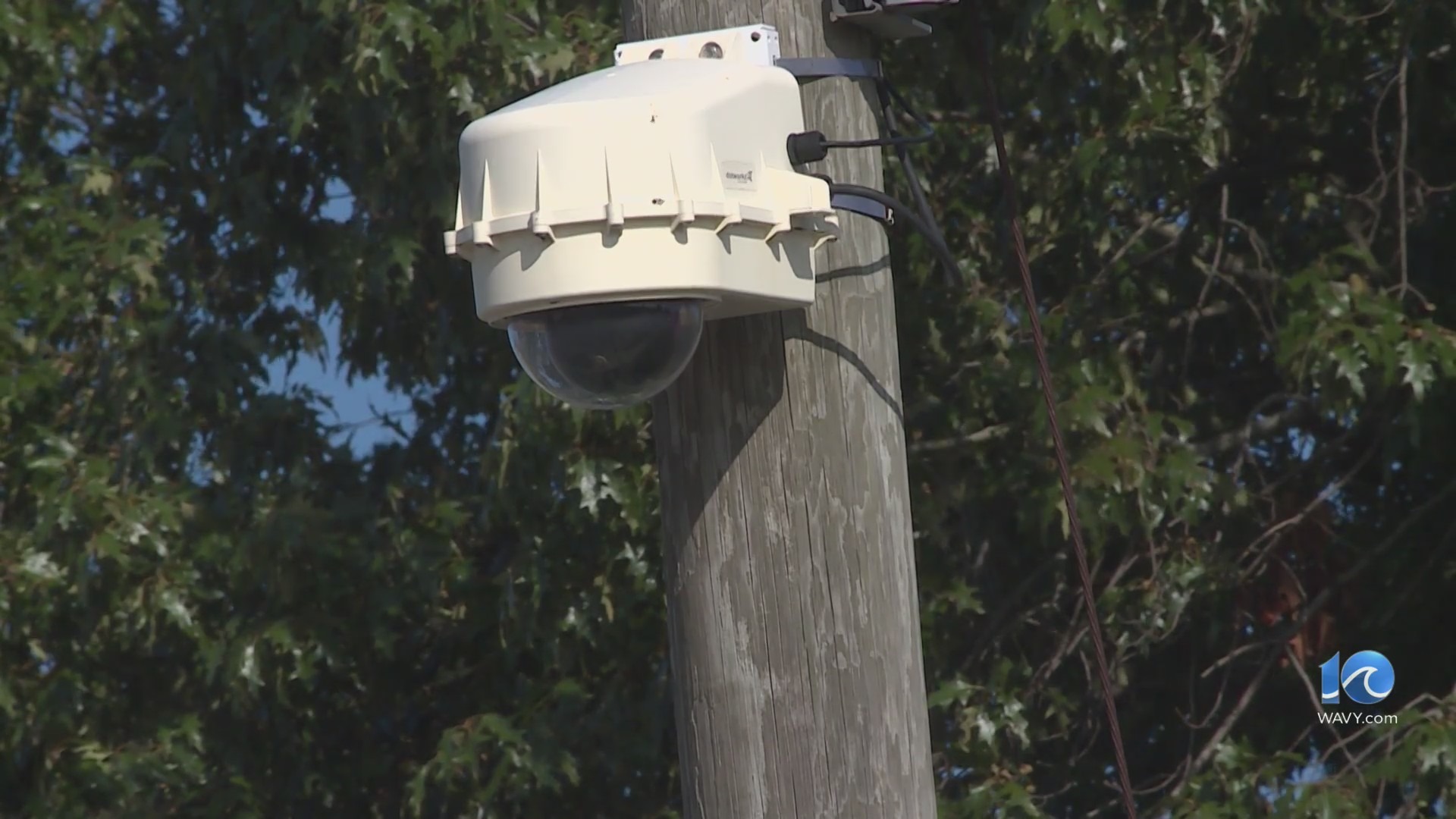VIRGINIA BEACH (WAVY) — Your used vehicle is likely worth more than it was last year, which is unexpected when it comes to what’s traditionally been a depreciating asset. But higher assessed values mean higher personal property tax bills.
“In my 25 years as commissioner, I’ve never seen a spike like this,” said Commissioner of the Revenue Phil Kellam. He informed Virginia Beach City Council Tuesday that the increase in assessed value over the 400,000 taxable vehicles in the city would amount to a $60 million windfall.
That is, unless City Council provides some sort of tax relief.
“It would be unconscionable for any person to harvest an inflation benefit that the government did nothing to earn,” said Councilman John Moss.
A shortage of new vehicles means used ones are worth a lot more than expected. The city uses the annual J.D. Power guide to used car values.
For example, a 2020 Chevy Malibu increased in value by 49%. If the council does nothing, that owner would pay an additional $175. A 2021 Chevy Silverado pickup increased by 11%, and the owner would see a tax increase of $389.
Even a 10-year-old 2012 Toyota Tundra pickup appreciated by 32% and the owner would be on the hook for an additional $77.
“This is extraordinary and I really think that the market is distorted,” Kellam said.
So council members can decide to lower the tax rate — currently at $4 for every $100 in valuation.
“[Council] can set the rate unilaterally. They can decide whatever rate they want,” Kellam said, or they can apply some kind of ratio to the assessed value, and bring it down to “something closer to 70 or 75% of the assessment.”
Either way, they have to come up with their plan by March 15. That’s the amount of lead time that’s necessary so that vehicle tax bills can go out on time in May.
The vehicle tax is set by each local government in the commonwealth, which can decide what sort of tax relief it wants to provide.












































































